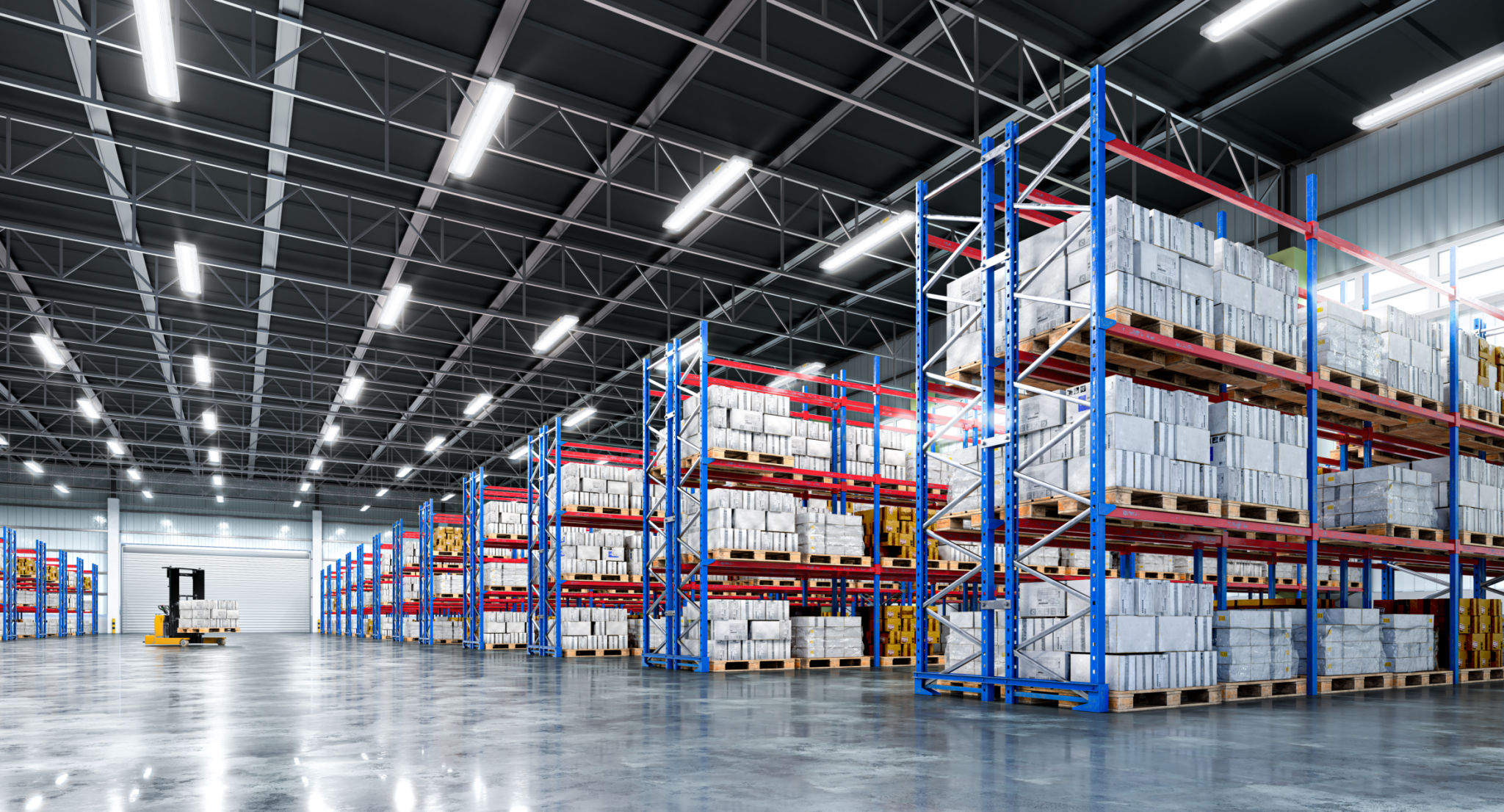Industrial Real Estate Trends: What Lakeland Businesses Need to Know
Understanding the Current Market Landscape
As we delve into the world of industrial real estate, it's crucial for Lakeland businesses to stay informed about the current market landscape. The industrial real estate sector has seen substantial growth, driven by increasing e-commerce demands and supply chain shifts. For businesses in Lakeland, understanding these trends is vital to making informed decisions about property investments and expansions.

The transformation of consumer behavior, particularly the rise in online shopping, has propelled the demand for distribution centers and warehouses. This shift is particularly evident in strategic locations like Lakeland, which benefit from proximity to major highways and ports, optimizing logistics and distribution efforts.
The Rise of E-commerce and Its Impact
One of the most significant trends impacting industrial real estate is the exponential growth of e-commerce. With online retailers needing more storage and distribution facilities, there's been a surge in demand for industrial spaces. Lakeland's location makes it an attractive hub for businesses looking to establish or expand their logistics network.
For local businesses, this trend presents both opportunities and challenges. While there's potential for growth and collaboration with larger e-commerce players, competition for suitable properties can be fierce. It's essential for businesses to act swiftly and strategically when considering industrial property investments.

Location, Location, Location
The adage "location, location, location" holds true for industrial real estate more than ever. Proximity to transportation networks such as highways, rail lines, and ports is a key factor in determining the value and utility of industrial properties. Lakeland's advantageous position between major cities like Tampa and Orlando enhances its appeal as a logistics hub.
Businesses looking to capitalize on the growing demand for industrial spaces should prioritize properties that offer easy access to these transport links. Additionally, considering future infrastructure developments can provide a competitive edge in securing prime locations.
Technological Advancements in Industrial Real Estate
The integration of technology in industrial real estate is reshaping how businesses operate. From smart warehouses equipped with IoT devices to automated logistics solutions, technology is enhancing efficiency and reducing operational costs. For Lakeland businesses, staying ahead means investing in spaces that support these technological advancements.

Emerging technologies such as blockchain for supply chain transparency and AI-driven analytics are also influencing industrial real estate dynamics. Businesses that embrace these technologies can improve their logistics operations, streamline processes, and gain valuable insights into market trends.
Sustainability: A Growing Priority
As sustainability becomes a focal point for many industries, industrial real estate is no exception. Companies are increasingly seeking eco-friendly properties that align with their sustainability goals. Features such as energy-efficient lighting, solar panels, and green building materials are becoming standard expectations.
For Lakeland businesses, investing in sustainable industrial properties not only benefits the environment but can also lead to cost savings in energy consumption and enhance corporate reputation. This trend is likely to continue as environmental concerns gain more prominence in business strategies.
Adapting to Market Changes
The industrial real estate market is dynamic, influenced by various economic and technological factors. For Lakeland businesses, staying informed about these changes is crucial for strategic planning and decision-making. Regular market analysis and consultation with industry experts can provide valuable insights into emerging opportunities and potential risks.
In conclusion, by understanding the evolving trends in industrial real estate, Lakeland businesses can position themselves advantageously in a competitive market. Whether it's leveraging location benefits, adopting new technologies, or prioritizing sustainability, staying informed and adaptable is key to thriving in this sector.
